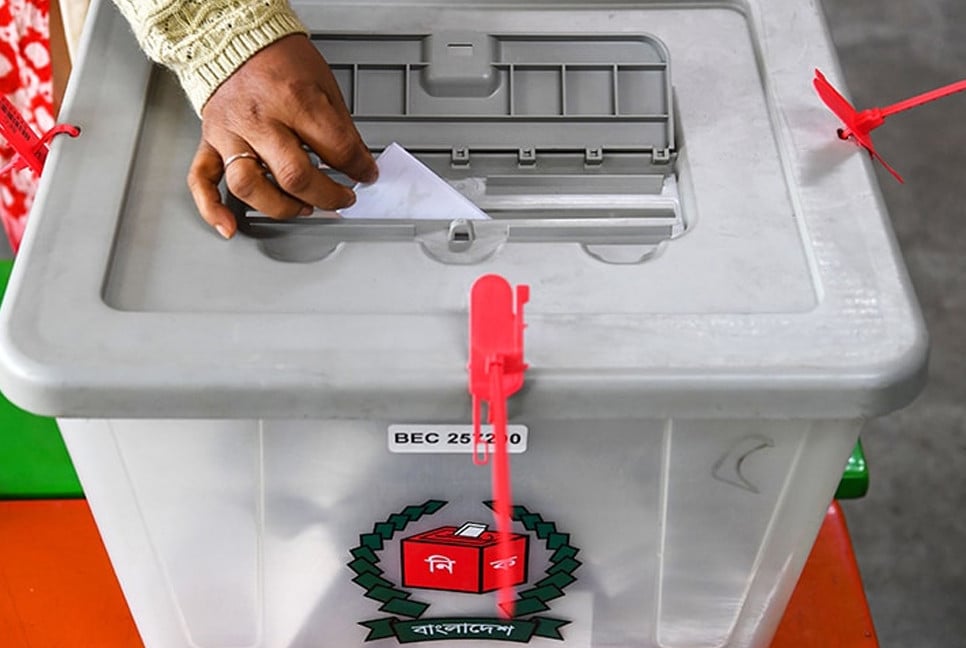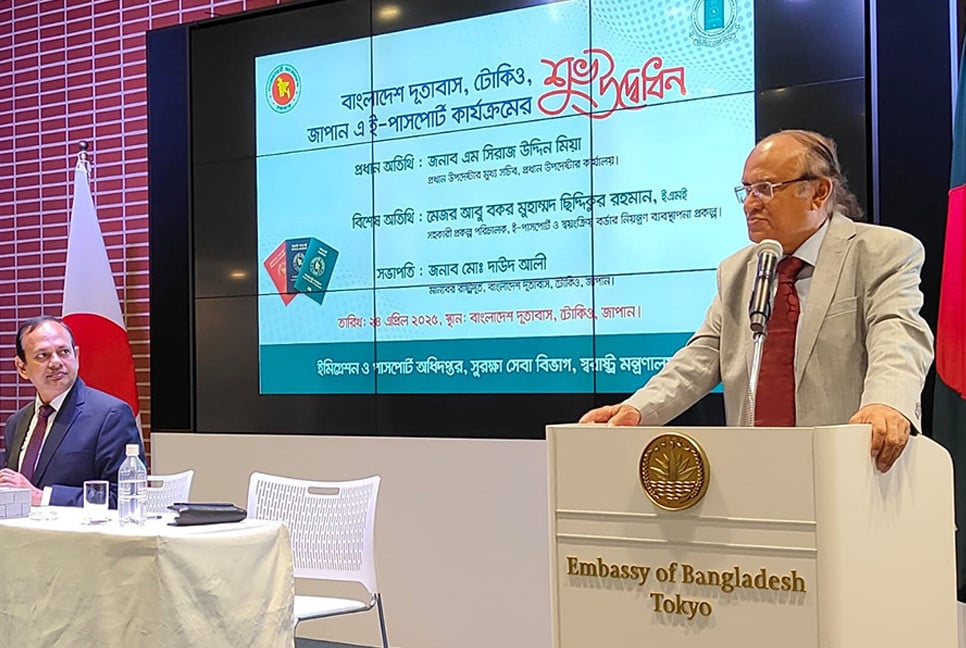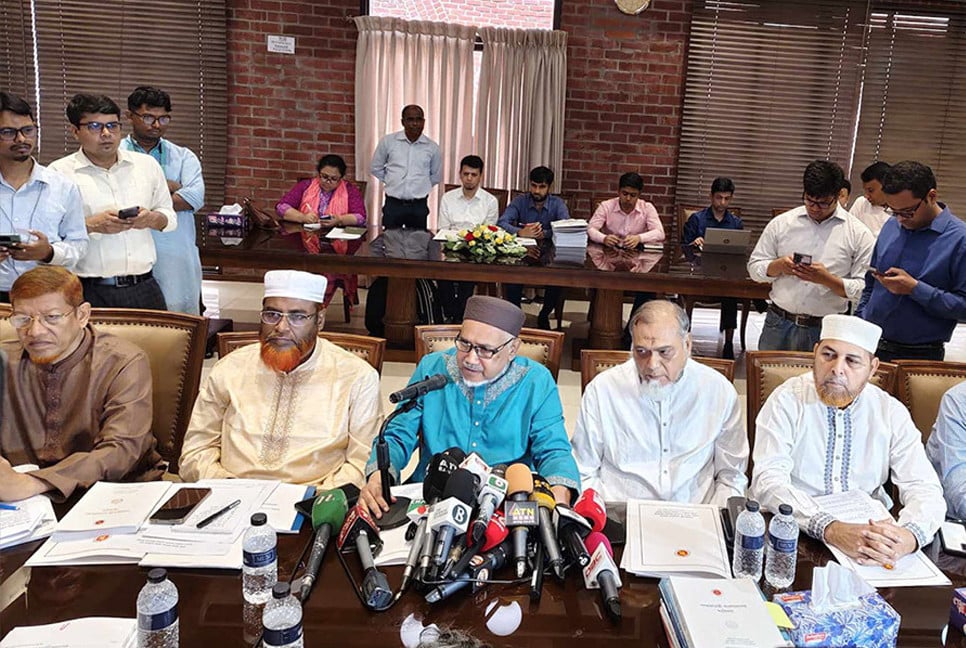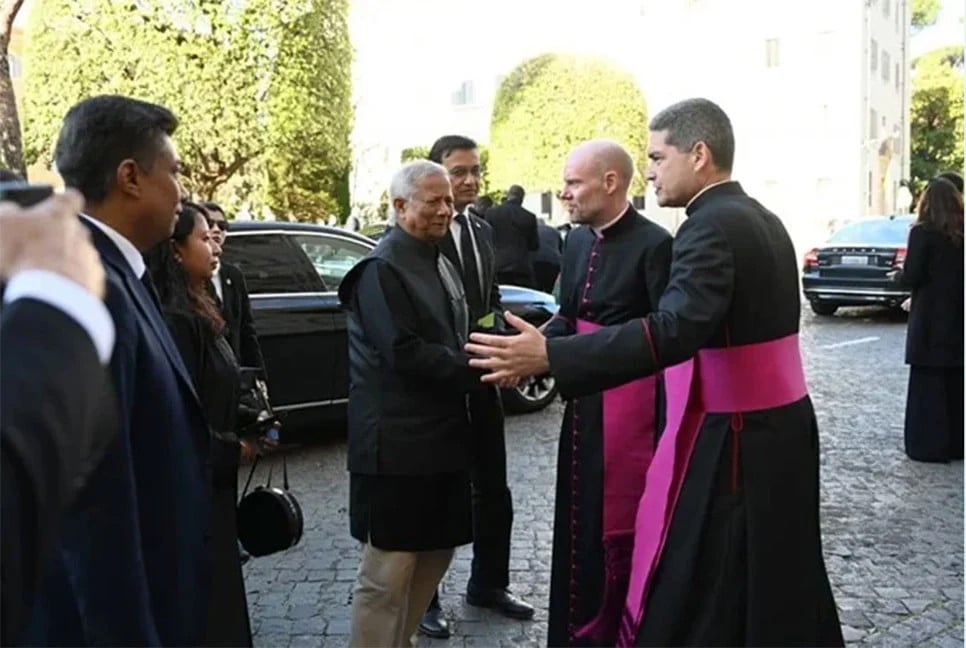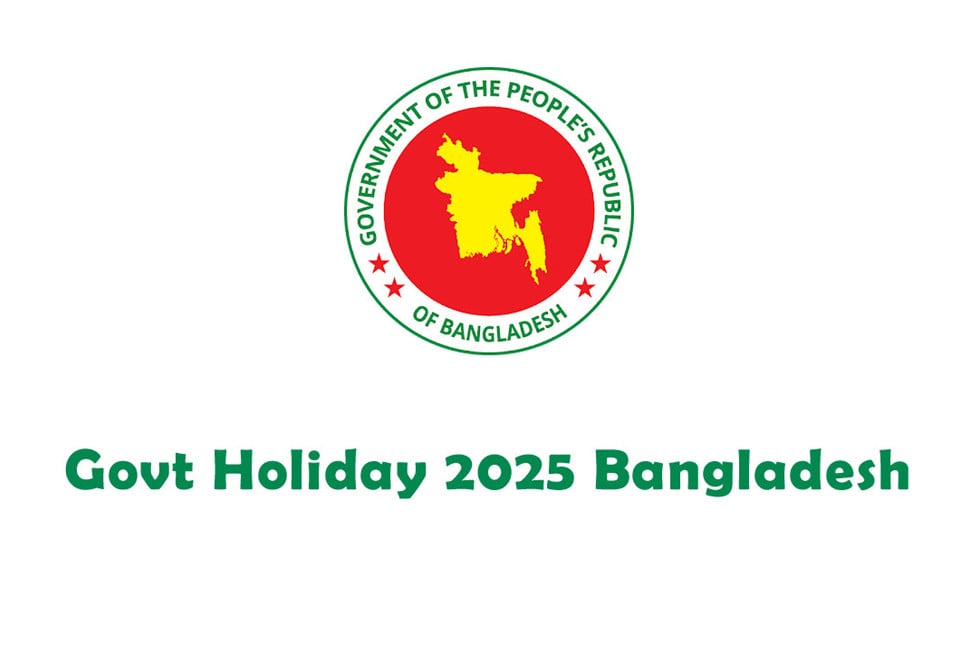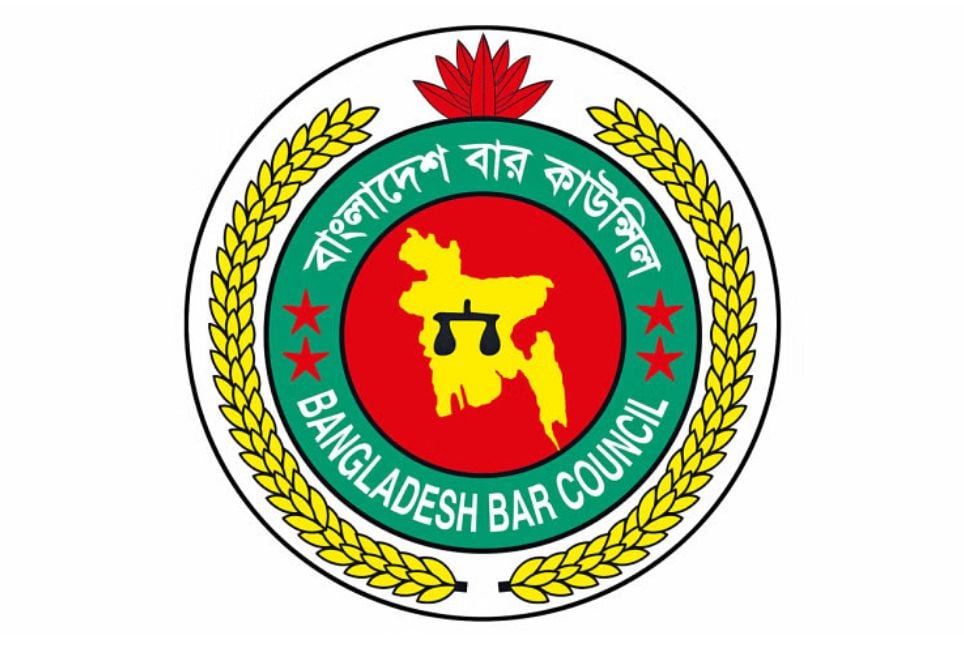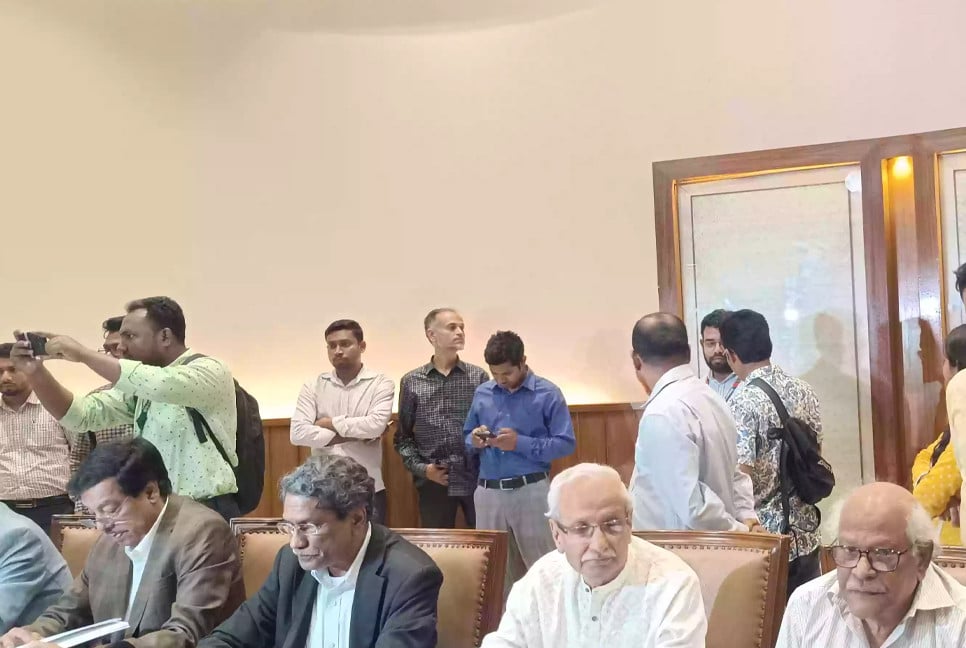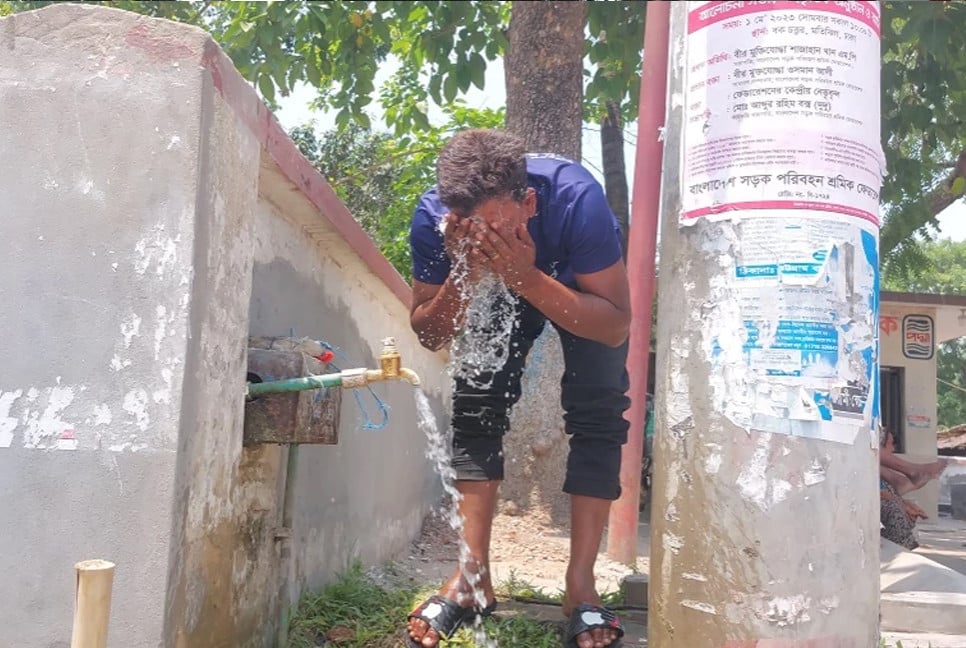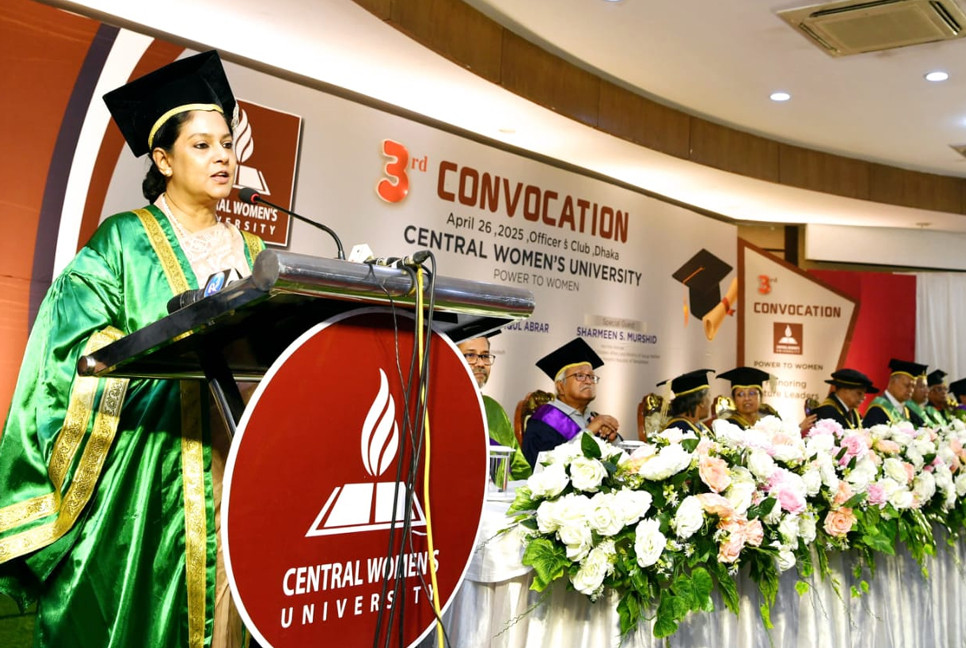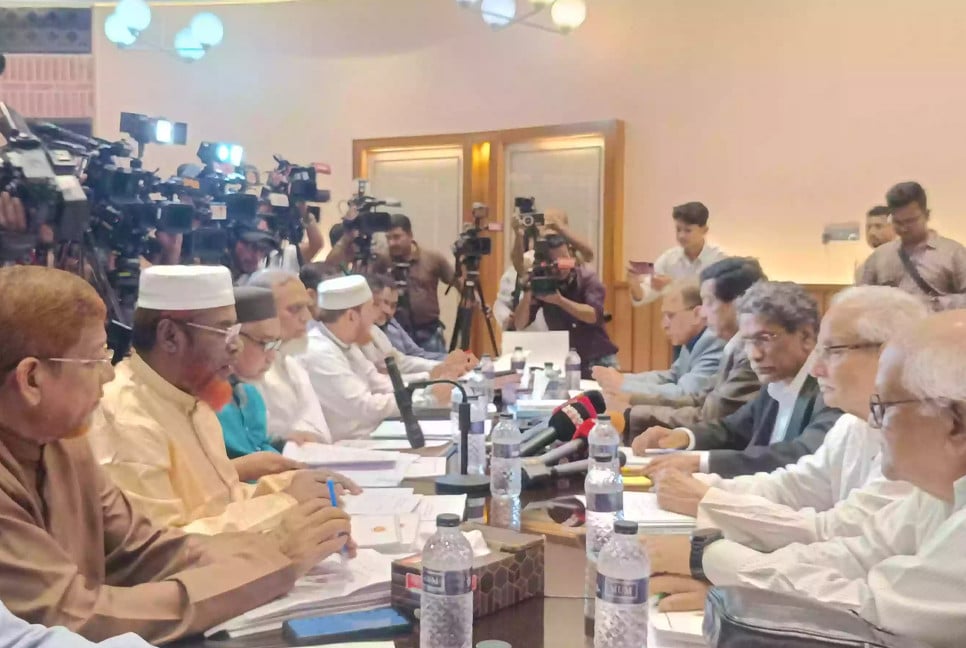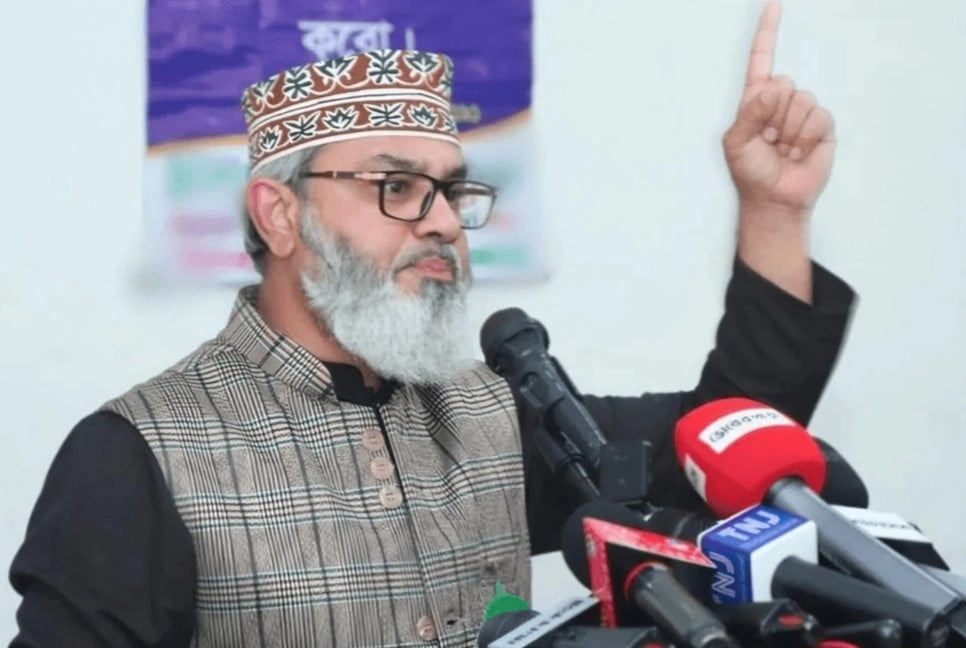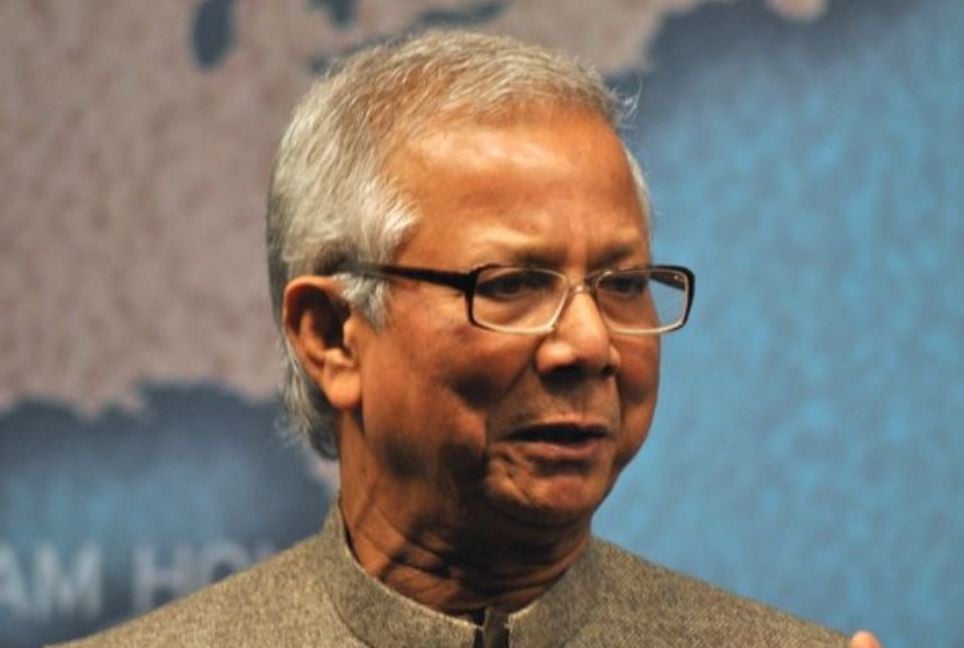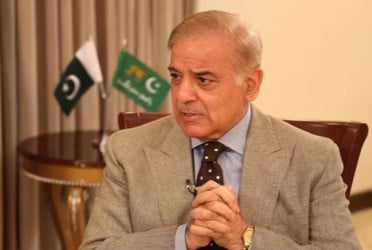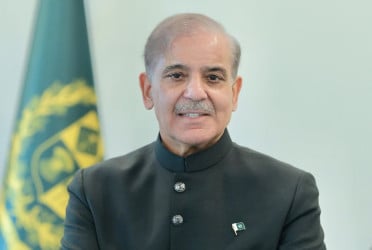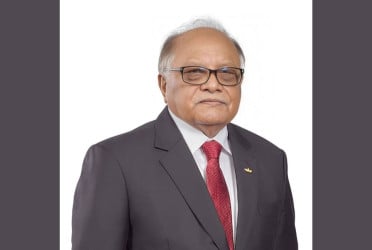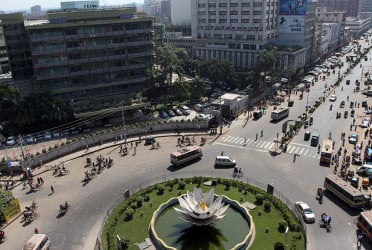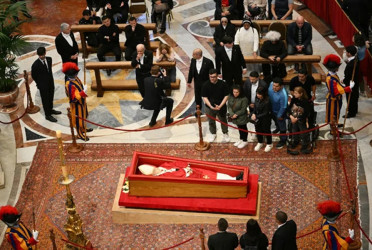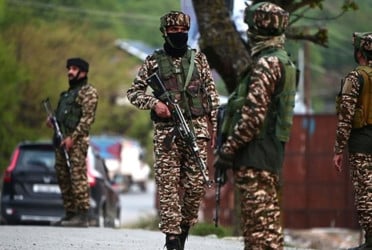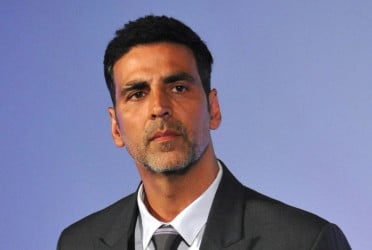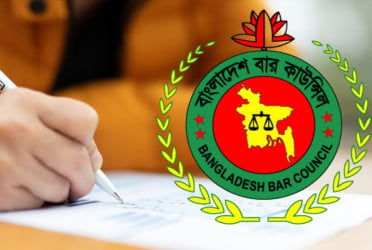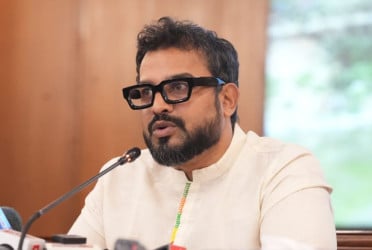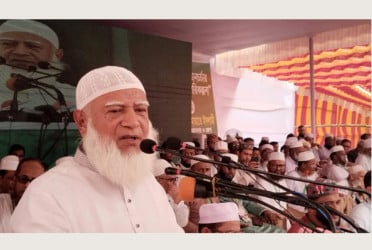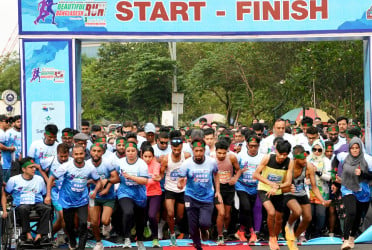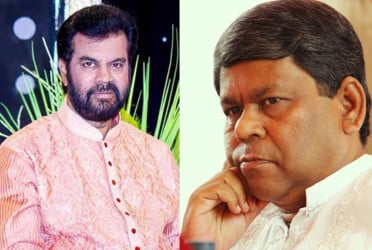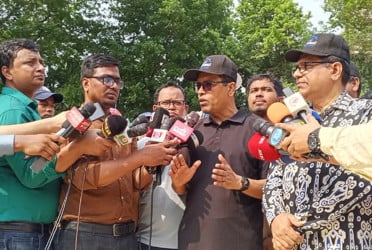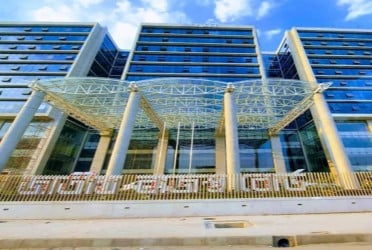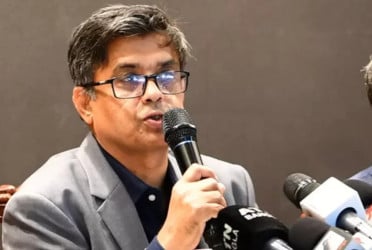The Election Commission (EC) has begun all-out preparations with a view to holding the 13th parliamentary election this December.
Although the official date has yet to be announced, the Commission is working on a detailed action plan to guide every stage of the process – from legal reforms and stakeholder consultations to logistics and coordination with law enforcement agencies.
“December is as clear as a mirror – it is our target,” said Election Commissioner Md Anwarul Islam Sarker.
“To eliminate all confusion, we will release the action plan by June or July.”
The EC, headed by Chief Election Commissioner AMM Nasir Uddin, assumed office in the final week of November 2024. By May this year, it will complete six months in office, by which time the task of updating the national voter list is also expected to be finished.
While the government has signalled that December 2025 is a likely timeframe, it has also left room for the possibility of holding the election in June 2026 if more time is required for electoral reforms.
Nonetheless, the EC remains focused on a December timeline and plans to complete all preparatory work by July or August.
The official election schedule is expected to be announced around October.
There is historical precedence for announcing the election schedule in the second or third week of November for polls conducted in December.
As part of its preparatory work, the EC is currently reviewing and amending key laws and regulations. These include provisions related to the registration of new political parties, delimitation of constituencies, the Representation of the People Order (RPO), electoral code of conduct, and guidelines for domestic and international election observers and journalists.
Revisions are also underway for policies concerning the establishment of polling centres, voting rights of Bangladeshis living abroad, and the procurement of election materials.
In parallel, the Commission is mapping out timelines for a range of administrative activities. These include dialogues with political parties and stakeholders, inter-ministerial coordination meetings, finalisation of the election budget, law enforcement briefings, engagement with field-level officials, and briefings for returning and assistant returning officers.
Other key tasks involve appointing executive and judicial magistrates, forming panels of election officers, conducting training sessions, and printing manuals and nomination forms.
Before and after the election schedule is announced, the EC’s action plan outlines more than one hundred specific steps – from printing the voter list and managing polling centres to distributing ballot boxes and ballot papers, and ultimately publishing results in the official gazette. “It will be part of the publication of an action plan,” said Election Commissioner Anwarul Islam Sarker, referring to the preparations for the 13th parliamentary election. “We want to assure everyone that our draft is more or less complete – only the dates and times are pending. All preparatory work must be completed before the election schedule is announced. Since we are planning for a December election, it is crystal clear. To avoid any confusion, we must publish the action plan by June or July.”
The draft action plan spans over two dozen thematic areas, covering legal frameworks, logistics, communication strategies, stakeholder engagement, and security arrangements. It marks a shift from the traditional “roadmap” format to a more execution-focused model, with clearly defined timelines for both pre-election and post-election phases.
Procurement of election materials is targeted for completion by October. Meanwhile, stakeholder meetings, inter-ministerial coordination, security briefings, and training of election officials are scheduled to wrap up by July and August.
Courtesy: Daily Sun.
Bd-pratidin English/Tanvir Raihan

